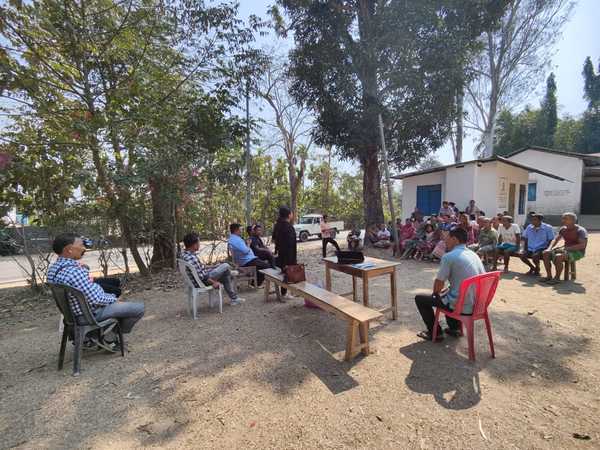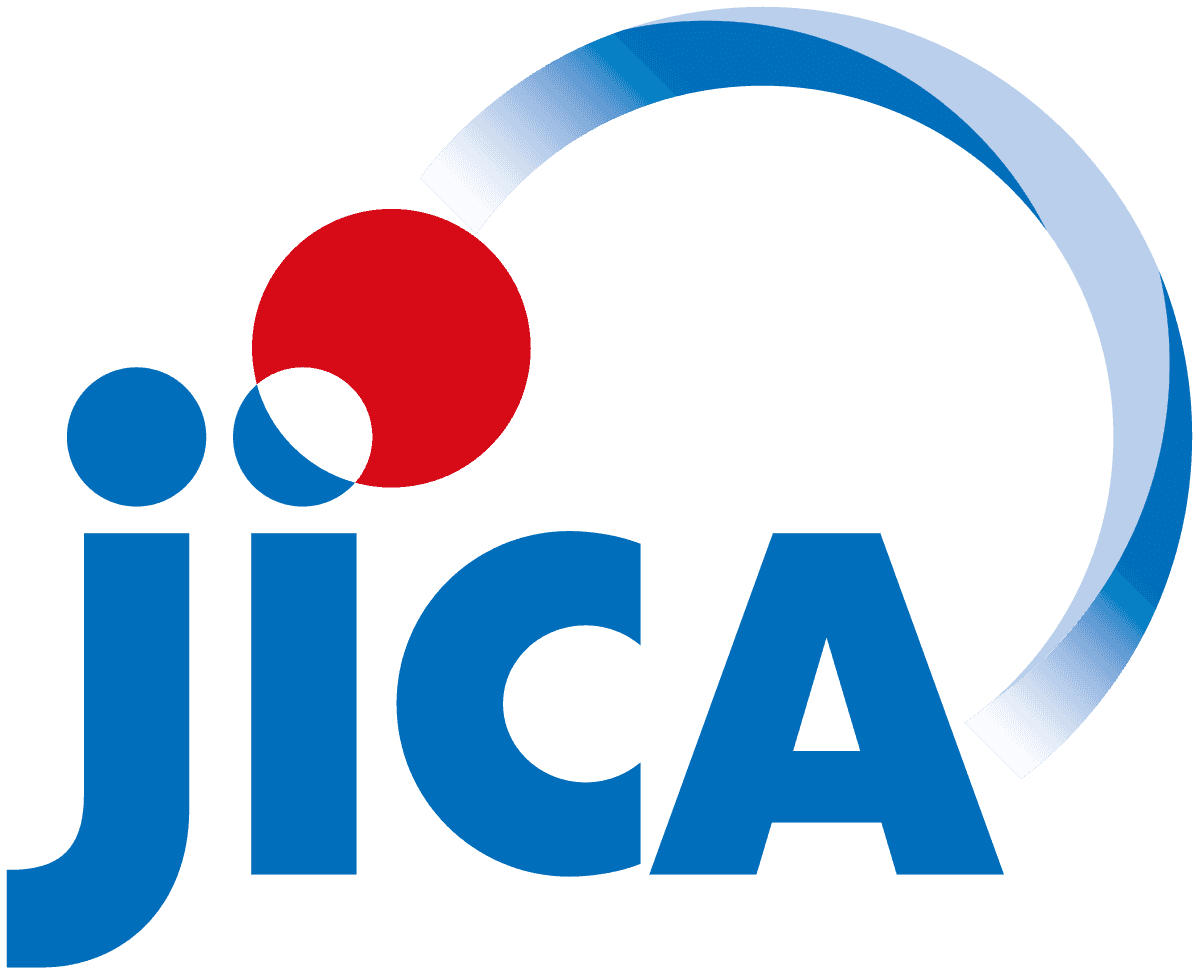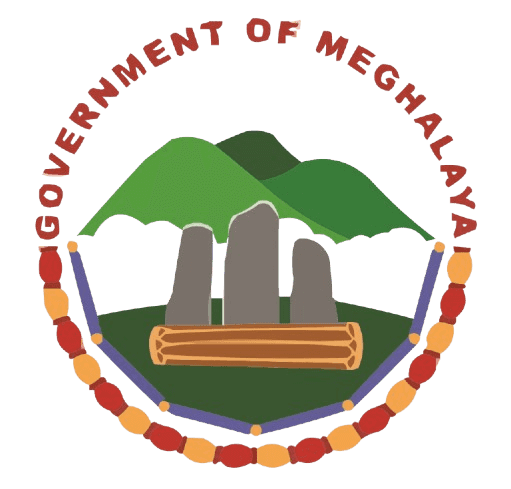
In the preparatory process of the Project, community mobilization and gender sensitization play a crucial role in ensuring its success. To involve and motivate people in selected villages, particularly women and youths, the Project mobilizes these groups and sensitizes them on gender issues by challenging stereotypical ideas about gender roles through village-based workshops.
Given the unique nature of traditional community institutions in Meghalaya, the Project first approaches the village head in each selected village in Khasi and Jaintia Hills and the Nokma in each selected village or cluster in Garo Hills. The Project team explains the details of the initiative to them and secures their acceptance before proceeding with community mobilization and gender sensitization workshops.
Community Mobilization Workshops
Community mobilization targets all residents of selected villages, including women and youths. The Project requests village heads or Nokmas to convene village meetings, ensuring inclusive participation rather than allowing decisions to be made solely by traditional leaders. Since many villagers have never engaged in donor-funded projects or government schemes, they may be unfamiliar with participatory development approaches. Therefore, BPMU conducts initial meetings and workshops to explain the Project’s objectives, benefits, and the roles villagers are expected to play. These sessions aim to encourage active participation in Project activities, fostering inclusive community development and income generation. To sustain engagement, especially in the early stages, the Project enlists local women, men, and youths as community facilitators.
Gender-Sensitization Workshop & Gender Training
In Meghalaya, strict gender-based divisions of labor are deeply rooted in tribal societies across Khasi, Jaintia, and Garo Hills. Women are traditionally expected to manage household chores and childcare, while public decision-making remains the domain of men. As a result, women are often excluded from community governance structures such as the Hima, Raid, Dorbar, and Nokma councils. Despite this, women in rural areas play vital roles in household livelihoods, engaging in agriculture, animal rearing, and forest management. Their contributions, such as land preparation, harvesting, firewood collection, and forest conservation, are often overlooked, limiting their ability to influence community planning and development.
To address these challenges, the Project integrates women from the planning phase through implementation and monitoring. However, strict social norms may discourage women from participating in decision-making processes, and their multiple responsibilities may limit their availability. Therefore, the Project employs strategic interventions to ensure women’s active participation, encouraging them to take leadership roles rather than merely assisting men. From the outset, gender sensitization workshops engage both women and men, challenging traditional gender norms and emphasizing the importance of women’s roles in community development. These workshops also encourage men to support women’s participation by sharing household responsibilities.
For inclusive community development, Project staff must also adopt a gender-sensitive approach, free from stereotypical ideas about gender roles. To achieve this, the Project provides gender training focused on integrating a gender perspective in planning, implementation, and monitoring processes. This training ensures that women’s participation is not only quantitative but also meaningful. Staff members are encouraged to go beyond simply meeting gender quotas in village committees, ensuring that women’s voices are heard and their needs are incorporated into Project planning. Through gender training, each staff member gains a deeper understanding of the importance of gender integration in all aspects of the Project.

.jpg)



